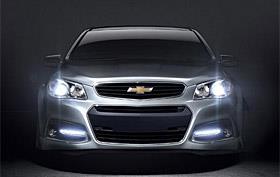Soon to be available on U.S. models: Real-time availability of the nearest, least expensive available parking spots in your city.
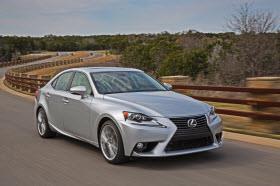 Your car's navigation system can already tell you where to find gas, food and lodging. And as in-dash navigation systems become connected – and try to compete with nav applications on smartphones – they'll be able to do even more, like guide you to an available parking spot.
Your car's navigation system can already tell you where to find gas, food and lodging. And as in-dash navigation systems become connected – and try to compete with nav applications on smartphones – they'll be able to do even more, like guide you to an available parking spot.
That's what the 2014 Lexus IS can do, at least in Europe. The U.K.-based startup Parkopedia, which relies partly on crowdsourcing to show space availability, said it would supply parking information as part of the car's navigation system. Its partner, traffic-data aggregator Inrix, told MSN Autos that the feature would soon be available in the U.S.
While Lexus spokesman Michael Kroll couldn't confirm when the parking feature would be available, he told us that it's possible. "It depends on the access to the type of data," he said. "While that feature isn’t available in the U.S., we’re always evaluating new technologies that can bring value to our owners."
Parkopedia allows users to find and compare commercial, street and private parking on a computer or a mobile device. Lexus said it could provide information on more than 42,000 parking lots and show real-time availability to direct drivers to the nearest and least expensive available lots. Currently, individual parking spaces, such as those on the street, are not included in the Lexus service.
However, by integrating the parking service into the vehicle, Lexus has beaten BMW and Audi to the punch.
BMW i, the automaker’s venture capital arm and electric vehicle brand, has invested in “mobility” apps" to display information on mass-transit systems. BMW i has also formed a joint venture with Park Now, a website that allows drivers to book parking in advance, and has invested in ParkAtMyHouse.com, which lists private spaces for rent. According to Jim Bak, director of community relations at Inrix, Lexus will be using Park Now when it launches the service for the IS in the U.S.
Like Parkopedia, Park Now allows drivers to find and book parking spots online or using a mobile app, and to search for the best rate in a given location. Unlike Parkopedia, Park Now gets its data from parking facility operators, and it’s currently not available in BMW vehicles. Park Now covers only the San Francisco Bay Area, although the service is expected to expand to other cities.
Audi won’t help find drivers a parking spot, but it does want to make it easier for them to pay for one. The automaker recently unveiled a wireless payment system that allows drivers to exit garages without reaching for their wallets.
As with BMW i and Park Now, Audi is working with a parking facilities operator, in this case the Ingolstadt Economic Development Agency in the automaker’s hometown, which manages nine lots and underground garages in the city, with a total of 6,200 spaces. But the Audi wireless parking payment system is hardly high-tech. It uses a radio frequency identification (RFID) transmitter mounted on the inside of the car’s windshield to allow the car to communicate with a parking facility and then bill the user – a system that's been used for years for electronic toll collection. Eventually, after its employee pilot program ends, Audi says the parking system will be added to its Audi Connect in-car online services.
Ingolstadt could take a cue from New York City, which recently introduced a new app and a pilot program that incorporates 264 parking spaces along a nine-block stretch of the Bronx to help drivers find and pay for parking from their smartphones. The system and app, called PayByPhone, uses wireless sensors positioned in parking spaces that allows drivers to check on real-time parking availability.
But until such information spreads to every city, we'll just have to rely on our sharp eyes and good luck to nab a downtown spot.
autos.msn.com
 It's a wonder how new muscle and a fresh wardrobe can shake off age.
It's a wonder how new muscle and a fresh wardrobe can shake off age.
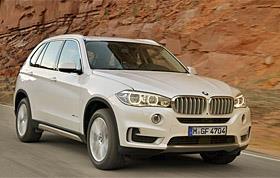 BMW
BMW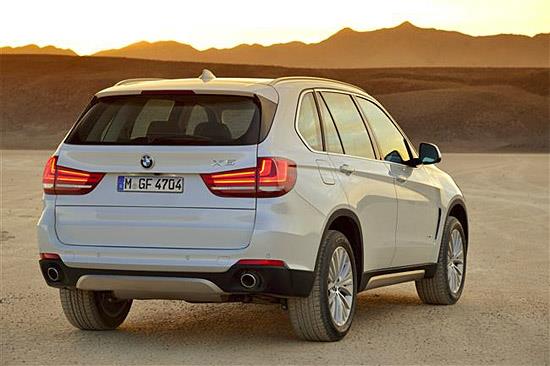
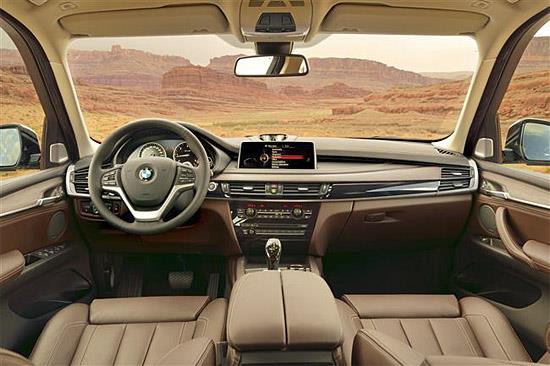
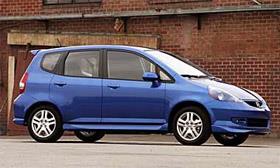 Honda
Honda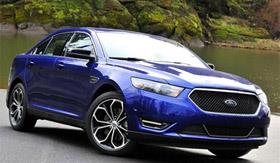 Ford
Ford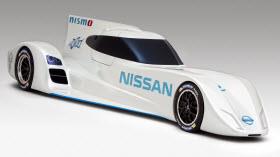 Purely petroleum-powered cars have always ruled racing. But more alternative-fuel rivals are preparing to enter the field.
Purely petroleum-powered cars have always ruled racing. But more alternative-fuel rivals are preparing to enter the field.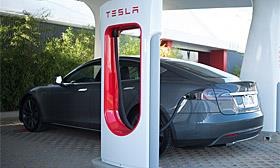 We have to admit that we enjoy poking some fun at Elon Musk and Tesla Motors whenever possible. But it's starting to feel like the joke’s on us.
We have to admit that we enjoy poking some fun at Elon Musk and Tesla Motors whenever possible. But it's starting to feel like the joke’s on us. 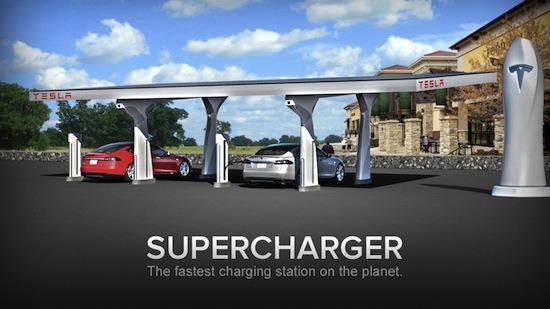
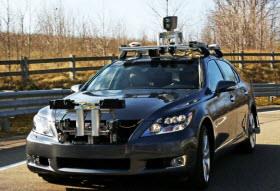 The federal government doesn't want states to license self-driving cars for average drivers, at least not in the near term.
The federal government doesn't want states to license self-driving cars for average drivers, at least not in the near term.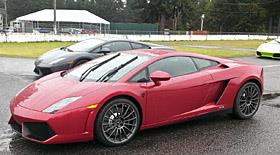 Lamborghini has long been a name associated with automotive dreams. And, if I’m honest, fear.
Lamborghini has long been a name associated with automotive dreams. And, if I’m honest, fear.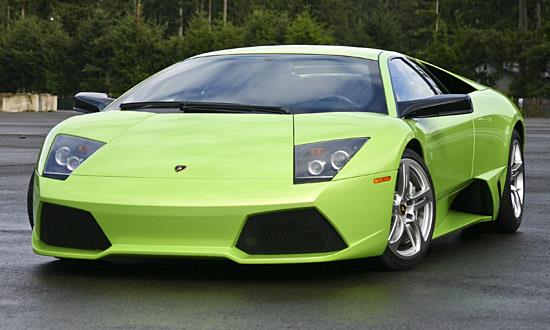
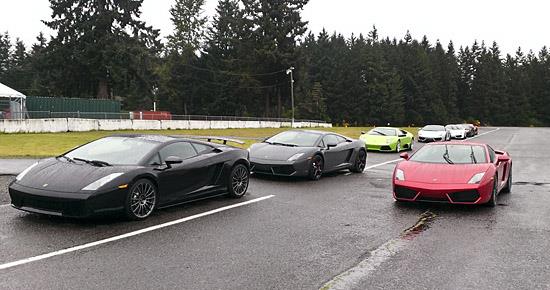
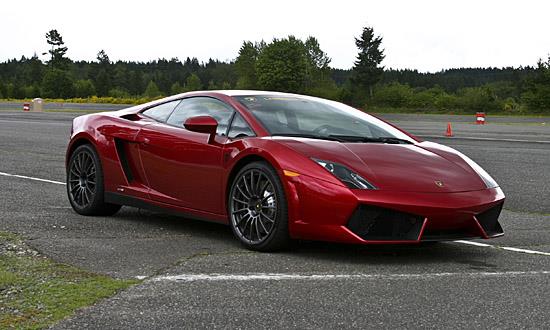
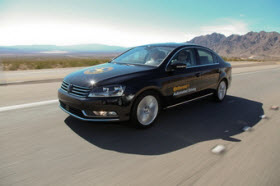 When a government agency declares the country is "at a historic turning point for automotive travel," I'm not apt to believe it at face value. Last week, the National Highway Traffic Safety Administration said that autonomous vehicles would completely change our relationship with carsin the next two decades, unlike any advances we've seen in the past century.
When a government agency declares the country is "at a historic turning point for automotive travel," I'm not apt to believe it at face value. Last week, the National Highway Traffic Safety Administration said that autonomous vehicles would completely change our relationship with carsin the next two decades, unlike any advances we've seen in the past century.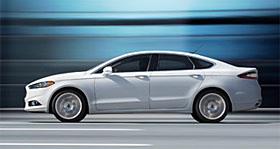 Ford
Ford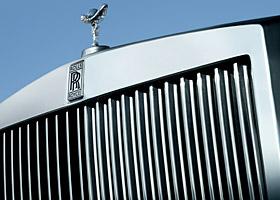 The on again/off again saga of a proposed Rolls-Royce SUV seems to be back on, with a litany of questions regarding its construction fueling rampant rumor-mongering. The latest rumor, according to Automobile, is that Rolls-Royce is planning to have an SUV-style model “under way” by 2017.
The on again/off again saga of a proposed Rolls-Royce SUV seems to be back on, with a litany of questions regarding its construction fueling rampant rumor-mongering. The latest rumor, according to Automobile, is that Rolls-Royce is planning to have an SUV-style model “under way” by 2017. 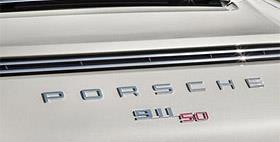



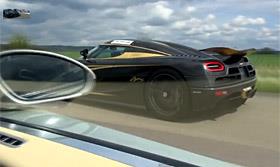
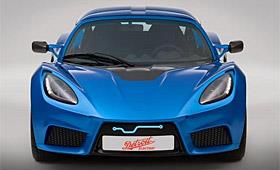
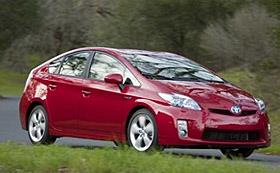 Toyota
Toyota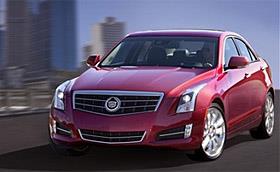
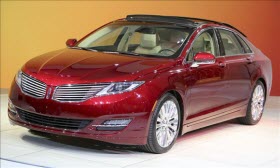 Lincoln has made a strong push to stay relevant – and alive – as Ford’s only other brand after the demise of the Mercury division in 2010. It even attempted a relaunch as the "Lincoln Motor Co." earlier this year and has made an effort to revamp vehicle styling to distance itself from Ford.
Lincoln has made a strong push to stay relevant – and alive – as Ford’s only other brand after the demise of the Mercury division in 2010. It even attempted a relaunch as the "Lincoln Motor Co." earlier this year and has made an effort to revamp vehicle styling to distance itself from Ford.